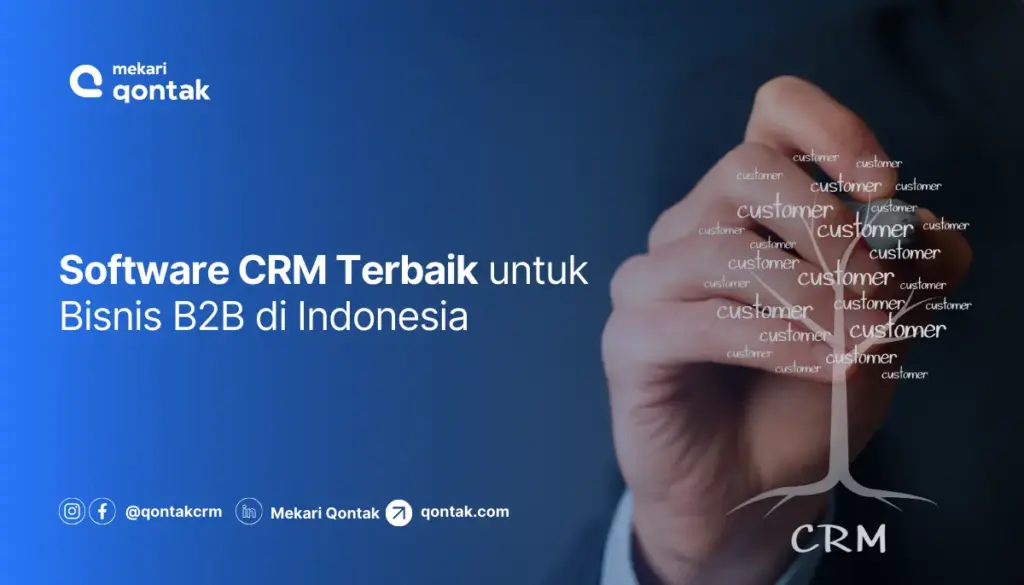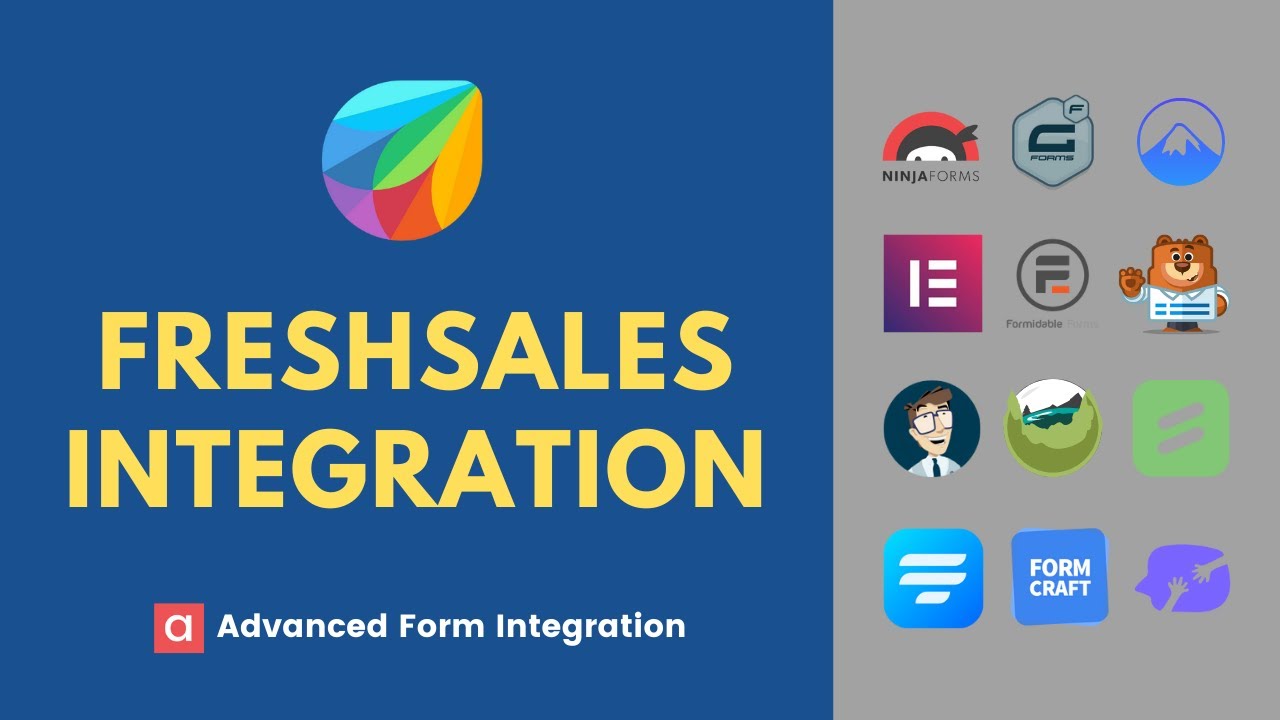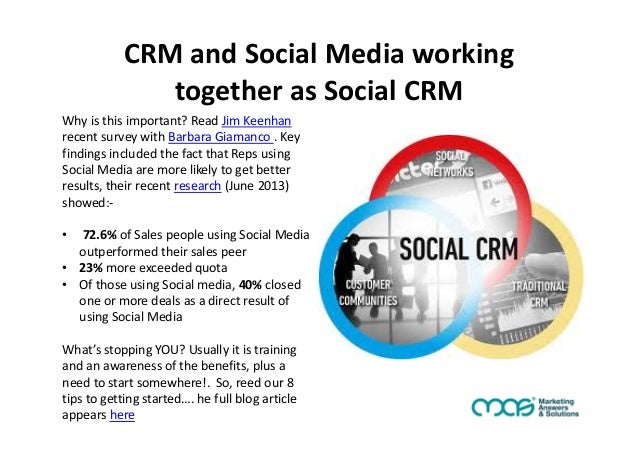Boost Your Indonesian Small Business: The Ultimate Guide to CRM Software

Introduction: Why Your Indonesian Small Business Needs CRM
In the dynamic landscape of Indonesian business, staying ahead requires more than just a great product or service. It demands a deep understanding of your customers and the ability to nurture those relationships effectively. This is where Customer Relationship Management (CRM) software comes into play. It’s no longer a luxury; it’s a necessity, especially for small businesses striving to thrive in a competitive market.
This comprehensive guide delves into the world of CRM specifically tailored for small businesses in Indonesia. We’ll explore what CRM is, why it’s crucial, and how you can choose the right software to propel your business forward. We’ll also examine the specific benefits of CRM for Indonesian businesses, considering the unique market dynamics and customer behaviors.
What is CRM and Why Does it Matter?
At its core, CRM is a technology that helps businesses manage and analyze customer interactions and data throughout the customer lifecycle. It involves using technology to organize, automate, and synchronize business processes, primarily sales activities, but also marketing, customer service, and technical support.
Think of it as a central hub for all your customer information. Instead of scattered spreadsheets, sticky notes, and email threads, CRM consolidates everything: contact details, purchase history, communication logs, and more. This unified view empowers you to:
- Improve Customer Relationships: Understand customer needs and preferences better.
- Increase Sales: Identify and pursue leads more effectively.
- Enhance Customer Service: Provide faster and more personalized support.
- Boost Efficiency: Automate repetitive tasks and free up your team’s time.
- Drive Revenue Growth: Ultimately, CRM contributes to a healthier bottom line.
For small businesses, the impact of CRM can be transformative. In a market like Indonesia, where building strong relationships is paramount, CRM can be the difference between success and failure.
Key Benefits of CRM for Indonesian Small Businesses
The Indonesian market presents unique opportunities and challenges. CRM software can be a powerful tool in navigating these complexities:
1. Enhanced Customer Relationship Management
In Indonesia, personal connections and trust are vital. CRM allows you to cultivate these connections by:
- Personalizing Interactions: Tailor your communication to each customer’s needs and preferences, showing that you value them as individuals.
- Building Trust: Demonstrate that you remember past interactions and are committed to providing excellent service.
- Improving Communication: Ensure consistent and timely communication across all channels, from WhatsApp to email.
2. Streamlined Sales Processes
CRM can optimize your sales process, leading to more closed deals:
- Lead Management: Track leads from initial contact to conversion, ensuring no opportunity is missed.
- Sales Automation: Automate tasks like sending follow-up emails, scheduling appointments, and generating quotes.
- Sales Reporting: Gain insights into your sales performance, identify areas for improvement, and track your progress toward goals.
3. Improved Marketing Effectiveness
CRM helps you create more targeted and effective marketing campaigns:
- Customer Segmentation: Group customers based on demographics, purchase history, and behavior to deliver relevant messages.
- Personalized Campaigns: Create marketing campaigns tailored to specific customer segments, increasing engagement and conversion rates.
- Marketing Automation: Automate email marketing, social media posting, and other marketing tasks.
4. Superior Customer Service
CRM empowers your team to provide exceptional customer service:
- Centralized Customer Data: Access a complete view of each customer’s history, allowing for faster and more informed support.
- Faster Response Times: Quickly address customer inquiries and resolve issues.
- Improved Customer Satisfaction: Provide a positive customer experience, leading to loyalty and positive word-of-mouth referrals.
5. Increased Efficiency and Productivity
By automating tasks and streamlining processes, CRM frees up your team to focus on what matters most:
- Reduced Manual Work: Automate repetitive tasks, such as data entry and report generation.
- Improved Collaboration: Facilitate communication and collaboration among team members.
- More Time for Strategic Initiatives: Free up valuable time to focus on growth and innovation.
Choosing the Right CRM for Your Indonesian Small Business
Selecting the right CRM is a critical decision. Here’s a step-by-step guide to help you choose the best fit:
1. Define Your Needs and Goals
Before you start researching CRM software, take the time to clearly define your business needs and goals. Consider these questions:
- What are your current pain points? What challenges are you facing in managing customer relationships, sales, and marketing?
- What are your key objectives? What do you hope to achieve with CRM? (e.g., increase sales, improve customer satisfaction, streamline processes)
- What features are essential? Make a list of the must-have features for your business. (e.g., contact management, sales automation, email marketing integration)
- What is your budget? Determine how much you can afford to spend on CRM software.
2. Research and Compare CRM Software
Once you have a clear understanding of your needs, start researching different CRM options. Consider these factors:
- Features: Does the software offer the features you need?
- Ease of Use: Is the software user-friendly and easy to learn?
- Scalability: Can the software grow with your business?
- Integration: Does the software integrate with your existing tools and platforms? (e.g., email marketing software, accounting software)
- Pricing: Does the pricing model fit your budget?
- Support: Does the vendor offer adequate support?
- Reviews and Ratings: Read reviews from other users to get an idea of the software’s strengths and weaknesses.
3. Evaluate CRM Software Vendors
When evaluating CRM vendors, consider these factors:
- Reputation: Does the vendor have a good reputation for customer service and support?
- Security: Does the vendor offer robust security measures to protect your data?
- Data Privacy: Does the vendor comply with Indonesian data privacy regulations?
- Local Presence: Does the vendor have a local presence in Indonesia, offering support in Bahasa Indonesia?
4. Consider Specific CRM Options for Indonesian Businesses
While many CRM systems are available globally, some are particularly well-suited for the Indonesian market. Here are some options to consider:
(Note: The following are examples and not exhaustive. Always conduct thorough research before making a decision.)
- Zoho CRM: A popular, feature-rich CRM with a strong presence in Asia, including Indonesia.
- HubSpot CRM: A free CRM with robust features and excellent marketing automation capabilities.
- Salesforce: A leading CRM with a wide range of features and integrations, suitable for businesses of all sizes.
- Freshsales: A sales-focused CRM with a user-friendly interface and affordable pricing.
- Pipedrive: A sales CRM designed for small businesses, known for its visual and intuitive interface.
5. Implement and Train Your Team
Once you’ve chosen a CRM, it’s time to implement it and train your team. Here’s what to expect:
- Data Migration: Migrate your existing customer data into the CRM system.
- Customization: Customize the CRM to meet your specific business needs.
- Training: Train your team on how to use the CRM effectively.
- Ongoing Support: Provide ongoing support and training to ensure your team is using the CRM to its full potential.
Best Practices for Using CRM in Your Indonesian Small Business
To maximize the benefits of your CRM, follow these best practices:
1. Data Accuracy and Consistency
Ensure that your customer data is accurate, complete, and consistent. Regularly update your data and establish data entry standards.
2. User Adoption
Encourage your team to use the CRM actively. Provide training, support, and incentives to promote user adoption.
3. Integration
Integrate your CRM with other tools and platforms, such as email marketing software, accounting software, and social media platforms, to streamline your workflow.
4. Reporting and Analytics
Use the CRM’s reporting and analytics features to track your performance, identify areas for improvement, and make data-driven decisions.
5. Customer Segmentation
Segment your customers based on demographics, purchase history, and behavior to deliver more personalized and effective marketing campaigns.
6. Personalization
Personalize your communication with customers to build stronger relationships and increase engagement.
7. Regular Reviews
Regularly review your CRM setup and usage to ensure it’s meeting your needs and achieving your goals. Make adjustments as needed.
Specific CRM Features for Indonesian Businesses
Considering the unique nuances of the Indonesian market, certain CRM features become particularly valuable:
1. Bahasa Indonesia Support
Ensure the CRM offers a user interface and support in Bahasa Indonesia. This significantly enhances usability for your team.
2. Integration with Local Payment Gateways
Integrate with popular Indonesian payment gateways (e.g., GoPay, OVO, DANA) to streamline transactions and enhance customer convenience.
3. WhatsApp Integration
WhatsApp is a dominant communication channel in Indonesia. Integrate your CRM with WhatsApp to manage customer inquiries, send updates, and provide support directly through this platform.
4. Social Media Integration
Integrate with popular Indonesian social media platforms (e.g., Instagram, Facebook) to manage social media interactions and track customer sentiment.
5. Geolocation Features
If your business relies on location-based services, consider a CRM with geolocation features to track customer locations and optimize sales and marketing efforts.
Common Challenges and How to Overcome Them
Implementing a CRM is not always a smooth process. Here are some common challenges and how to address them:
1. Data Migration
Migrating data from existing systems can be time-consuming. Plan carefully, clean your data before migration, and consider using a data migration service.
2. User Adoption
Some team members may resist using the CRM. Provide adequate training, emphasize the benefits, and address any concerns they may have.
3. Customization
Customizing the CRM to meet your specific needs can be complex. Work with a CRM consultant or vendor to ensure proper customization.
4. Integration
Integrating the CRM with other systems can be challenging. Choose a CRM that offers seamless integration with your existing tools and platforms.
5. Cost
CRM software can be expensive. Choose a CRM that fits your budget and offers a pricing model that scales with your business.
The Future of CRM in Indonesia
The future of CRM in Indonesia is bright, driven by:
- Increased Mobile Usage: With the growing adoption of mobile devices, CRM will become even more mobile-friendly, allowing businesses to manage customer relationships on the go.
- Artificial Intelligence (AI): AI-powered CRM features, such as chatbots and predictive analytics, will become more prevalent, helping businesses automate tasks, personalize interactions, and gain deeper insights into customer behavior.
- E-commerce Integration: CRM will become increasingly integrated with e-commerce platforms, providing businesses with a 360-degree view of their customers and enabling them to personalize their online shopping experiences.
- Data Privacy and Security: As data privacy regulations become stricter, CRM vendors will prioritize data security and compliance, ensuring that businesses can protect their customer data.
The evolution of CRM is not merely about adopting technology; it’s about embracing a customer-centric approach. By understanding the nuances of the Indonesian market and leveraging the right CRM solutions, small businesses can build stronger customer relationships, boost sales, and achieve sustainable growth.
Conclusion: Embracing CRM for Indonesian Small Business Success
Implementing CRM is a crucial step for any Indonesian small business aiming to thrive. It’s an investment in your future, enabling you to build stronger customer relationships, streamline operations, and ultimately, achieve your business goals. By carefully considering your needs, researching the available options, and implementing best practices, you can harness the power of CRM to unlock your business’s full potential in the dynamic Indonesian market. Don’t just adopt CRM; embrace it as a core strategy for success.
Remember, the journey to customer relationship excellence is an ongoing process. Continuously evaluate your CRM implementation, adapt to evolving customer needs, and stay informed about the latest trends in the industry. By doing so, you’ll be well-positioned to build lasting customer relationships and achieve sustained growth for your Indonesian small business.




